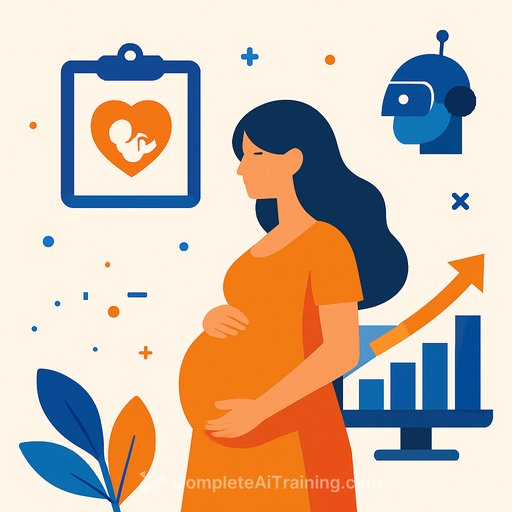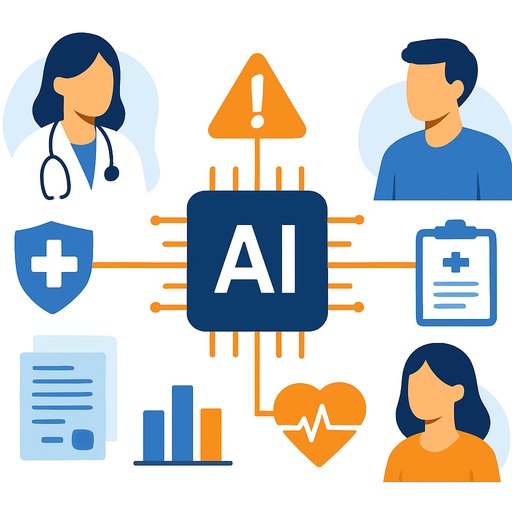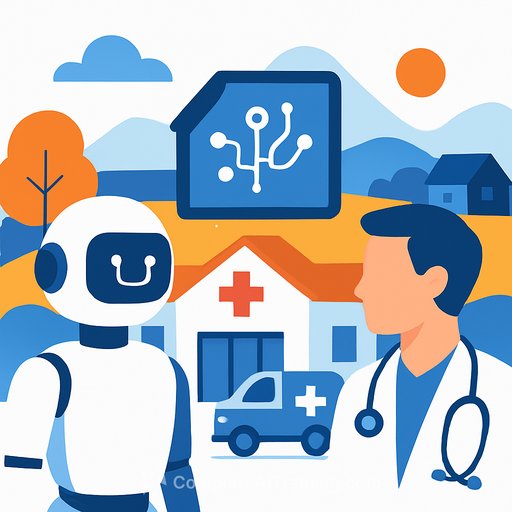HeraMED accelerates AI for HeraCARE: practical gains for maternity care
HeraMED Ltd (AU:HMD) is speeding up development of AI-driven features for its HeraCARE platform. The focus is clear: better clinical outcomes, leaner workflows, and scalable digital maternity care across diverse populations.
What's new in the product pipeline
- AI Clinician Assistants: Support for triage, pattern recognition, and workflow prompts that surface the right data at the right time. Expect context-aware nudges that help reduce missed risks and documentation overhead.
- Predictive modeling for culturally and linguistically diverse women: Risk prediction tuned for heterogeneous cohorts to support earlier interventions and more relevant care plans.
- Expanded device integrations: Broader connectivity for home and clinic devices to strengthen remote monitoring and continuity of care. Prioritizing interoperability frameworks such as FHIR can ease EHR integration.
Clinical impact you can use
- Earlier risk detection: Move from reactive management to proactive monitoring of maternal risk factors.
- Time back to care: Automate routine documentation and alerts so clinicians focus on judgment, not clicks.
- Continuity across settings: Integrated device data and standardized workflows help align hospital, clinic, and at-home care.
- Equity-aware modeling: Features built for culturally and linguistically diverse patients can reduce gaps in access and outcomes.
Implementation checklist for health leaders
- Data governance: Confirm HIPAA/GDPR compliance, audit trails, and clear PHI handling policies.
- Clinical validation: Require prospective validation, known model limitations, and clinician-in-the-loop safeguards.
- Interoperability: Plan FHIR-based workflows and event-driven alerts to fit existing EHR order sets and care pathways. See the HL7 FHIR specification.
- Bias and fairness: Review training data, subgroup performance, and escalation rules to mitigate disparities. The WHO's guidance on AI in health is a helpful reference: Ethics and governance of AI for health.
- Change management: Stand up a small pilot, define success metrics (time-to-decision, readmissions, escalation rates), and iterate with clinician feedback.
90-day pilot idea
- Select one clinic and one remote-care cohort (e.g., moderate-risk pregnancies).
- Enable AI Assistant for triage plus a limited set of device integrations.
- Track metrics weekly: alert precision/recall, time saved per clinician, patient engagement, and unplanned escalations.
- Hold a monthly governance review to address model drift, false positives, and workflow friction.
Why this matters for hospital operations
Maternity care teams are capacity constrained. Tools that reduce manual review, standardize pathways, and flag deteriorating patients earlier can improve outcomes and staff well-being. The combination of predictive modeling and integrated devices is a direct lever on safety, throughput, and patient experience.
Company snapshot (for context)
- Company: HeraMED Ltd (AU:HMD)
- Focus: Digital women's health and scalable maternity care solutions
- YTD Price Performance: 95.00%
- Average Trading Volume: 2,605,224
- Technical Sentiment Signal: Buy
- Market Cap: A$40.6M
Figures above are informational and not investment advice. Conduct independent due diligence before making any financial decisions.
Build team capability
If you're leading digital health projects and want structured AI upskilling for clinical and operations teams, explore curated learning paths by role: AI courses by job. For a broader catalog, see the latest programs: new and updated AI courses.
Your membership also unlocks:






